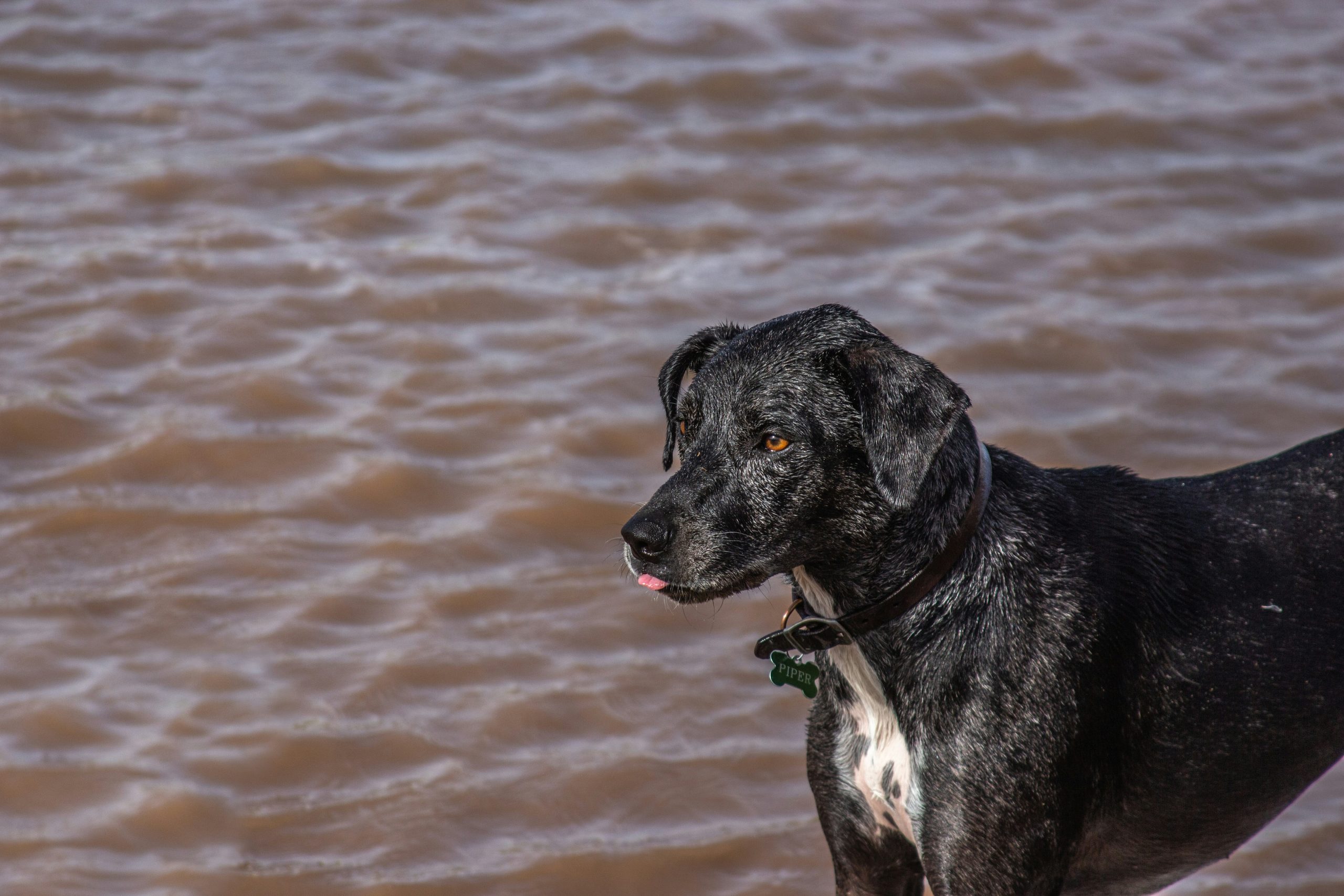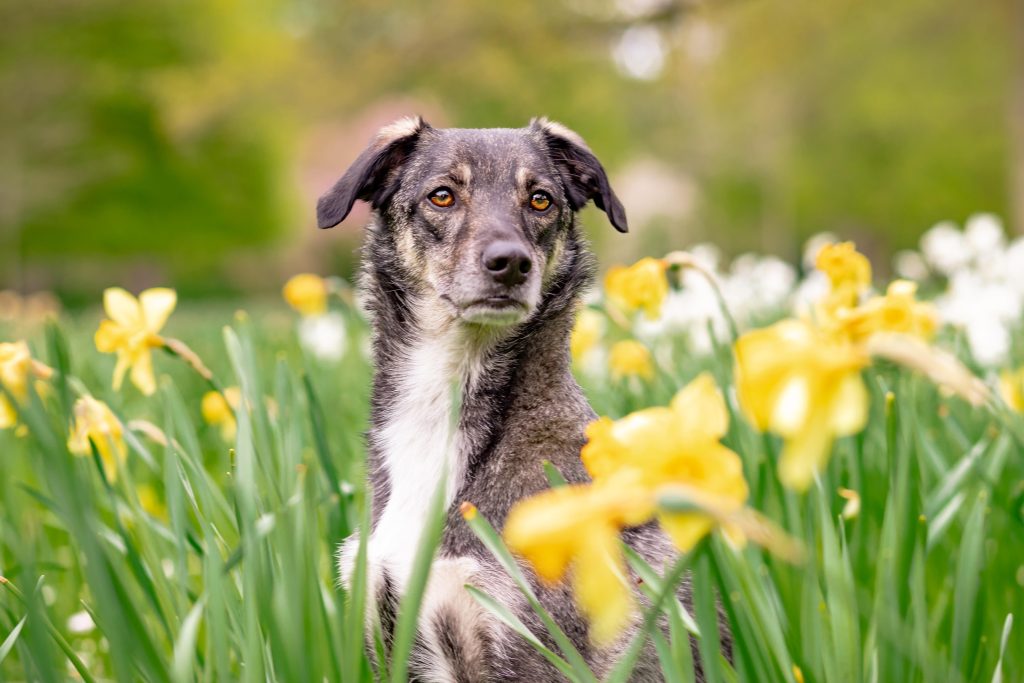Canine influenza, commonly referred to as dog flu, is a contagious respiratory disease caused by specific strains of the influenza A virus. It primarily affects dogs and can lead to mild to severe illness. Understanding the symptoms, transmission, and treatment options is essential for dog owners.
Types of Canine Influenza
There are two main strains of canine influenza virus (CIV) that are significant in dogs:
- H3N8: This strain originated from equine influenza viruses and was first identified in dogs in 2004. It primarily affects racing greyhounds and has since spread to the general dog population.
- H3N2: This strain is believed to have originated from birds and was first detected in dogs in South Korea in 2007. It caused outbreaks in the United States starting in 2015, particularly in the Midwest.
Symptoms of Canine Influenza
The clinical signs of canine influenza can resemble those of other respiratory illnesses, such as kennel cough. Common symptoms include:
- Coughing: This may be dry or moist and can persist for 10 to 21 days.
- Runny Nose: Nasal discharge can start clear and may become purulent.
- Fever: Dogs may develop a high fever (104°F to 106°F).
- Lethargy: Affected dogs often exhibit decreased energy levels.
- Reduced Appetite: Dogs may show a lack of interest in food.
- Eye Discharge: Ocular discharge may also be present.
While most dogs experience mild symptoms, some can develop severe respiratory illness, including pneumonia, particularly if secondary bacterial infections occur. The mortality rate is low, with less than 10% of cases resulting in death.
Causes and Transmission
Canine influenza is transmitted through respiratory droplets when an infected dog coughs, sneezes, or barks. It can also spread via contaminated objects such as water bowls, leashes, and surfaces. Dogs are most contagious during the incubation period (2-4 days after exposure) and can shed the virus for up to 26 days, especially with the H3N2 strain.
Diagnosis
Veterinarians diagnose canine influenza based on clinical signs and may perform additional tests, such as:
- PCR Testing: Nasal or throat swabs can confirm the presence of the virus, especially if taken within the first few days of illness.
- Serology: Blood tests can detect antibodies to the virus, but may take longer to yield results.
Treatment Options
There is no specific antiviral treatment for canine influenza; management focuses on supportive care. Recommendations may include:
- Rest and Hydration: Ensuring the dog has plenty of water and rest.
- Anti-inflammatory Medications: Nonsteroidal anti-inflammatory drugs (NSAIDs) may help reduce fever and discomfort.
- Antibiotics: These may be prescribed if secondary bacterial infections develop.
- Nutritional Support: Encouraging eating if the dog has a reduced appetite.
Prevention
Vaccination is available for both the H3N8 and H3N2 strains of canine influenza. Vaccines can help protect at-risk dogs, particularly those in high-density environments like kennels, dog parks, or grooming facilities. Other preventive measures include:
- Good Hygiene Practices: Regular cleaning and disinfection of shared spaces and items.
- Isolation of Infected Dogs: Keeping sick dogs away from healthy ones to prevent the spread of the virus.
Conclusion
Canine influenza is a significant respiratory illness that can affect dogs of any age or breed. While most cases are mild, the potential for severe illness exists, particularly in vulnerable populations. If you suspect your dog may have canine influenza, consult your veterinarian for an evaluation and appropriate care. Understanding the risks and symptoms can help you take proactive steps to protect your dog from this contagious disease.




 Unlimited access and follow ups for continuous pet care
Unlimited access and follow ups for continuous pet care 








